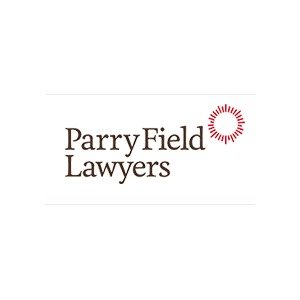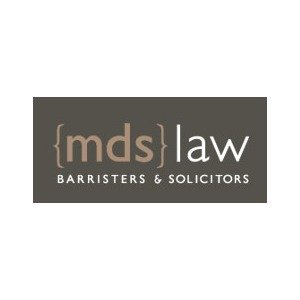Best Trusts Lawyers in Christchurch
Share your needs with us, get contacted by law firms.
Free. Takes 2 min.
List of the best lawyers in Christchurch, New Zealand
About Trusts Law in Christchurch, New Zealand
The law of Trusts in Christchurch, New Zealand, is a complex field that governs how assets can be managed and distributed under a Trust. It is based on the Trusts Act 2019, a comprehensive legislative framework that regulates the establishment, administration, and termination of Trusts in New Zealand. The Act sets out the core principles and rules for trustees and beneficiaries, aiming to provide clarity and certainty in how trusts are operated and governed.
Why You May Need a Lawyer
Many situations may require you to consult a Trusts lawyer. These may include establishing a Trust to manage family assets, getting legal advice on the rights and obligations as a trustee or beneficiary under a Trust, managing complex legal issues around Trust administration, and resolving disputes over Trust property. A lawyer can provide essential legal advice and navigate the complexities of trust law to ensure your interests are protected.
Local Laws Overview
The Trusts Act 2019 is the key legislation governing Trusts in Christchurch, New Zealand. It outlines the duties of trustees, which include acting honestly and in good faith, exercising reasonable care and skill, not profiting from the Trust, staying impartial among beneficiaries, and always achieving the purpose of the Trust. The Act also imposes strict rules on disclosure of information to beneficiaries and provides clear procedures for dispute resolution. The Local Government Act 2002 also affects trusts and provides further regulations on trusts associated with public bodies and local authorities.
Frequently Asked Questions
What is a Trust?
A Trust is a legal arrangement where one or more people (the trustees) hold and manage assets for the benefit of others (the beneficiaries). The assets may include property, investments, money, or other types of assets.
How is a Trust established?
A Trust is typically established through a legal document known as a Trust deed. This document outlines the terms of the Trust, including the appointed trustees, identified beneficiaries, and how the Trust assets should be managed and distributed.
What are the duties of a trustee?
The primary duties of a trustee, as set out in Trusts Act 2019, include acting honestly and in good faith, acting for the benefit of the beneficiaries, and administering the trust diligently with a duty of care and skill. The trustee also has a duty to avoid conflict of interest and to act impartially among the beneficiaries.
What rights do the beneficiaries have?
Beneficiaries have the right to be treated fairly and impartially by the trustees and the right to information about the Trust. This includes the right to know the terms of the Trust, the assets of the Trust, and any decisions made by the trustees concerning the Trust.
Can a Trust be disputed?
Yes, a Trust can be disputed. Disputes may arise over the interpretation of the Trust deed, the conduct of the trustees, or the distribution of the Trust assets. Disputes may be resolved through negotiation, mediation, or in court.
Additional Resources
For additional assistance, consult the Trusts Act 2019 and relevant local laws. The New Zealand Law Society offers resources relating to Trust law and may provide guidance on finding a Trust lawyer. The Ministry of Justice and Community Law Centres also provide free legal resources and assistance on Trust-related matters.
Next Steps
If you need legal assistance related to Trusts in Christchurch, New Zealand, consider consulting a lawyer that specializes in trust law. Before the consultation, prepare all the necessary documents and details relating to your Trust. Remember that accurate communication of your situation and needs will help your lawyer to provide the most appropriate advice and solutions.
Lawzana helps you find the best lawyers and law firms in Christchurch through a curated and pre-screened list of qualified legal professionals. Our platform offers rankings and detailed profiles of attorneys and law firms, allowing you to compare based on practice areas, including Trusts, experience, and client feedback.
Each profile includes a description of the firm's areas of practice, client reviews, team members and partners, year of establishment, spoken languages, office locations, contact information, social media presence, and any published articles or resources. Most firms on our platform speak English and are experienced in both local and international legal matters.
Get a quote from top-rated law firms in Christchurch, New Zealand — quickly, securely, and without unnecessary hassle.
Disclaimer:
The information provided on this page is for general informational purposes only and does not constitute legal advice. While we strive to ensure the accuracy and relevance of the content, legal information may change over time, and interpretations of the law can vary. You should always consult with a qualified legal professional for advice specific to your situation.
We disclaim all liability for actions taken or not taken based on the content of this page. If you believe any information is incorrect or outdated, please contact us, and we will review and update it where appropriate.
















